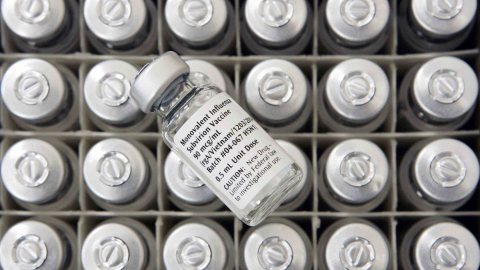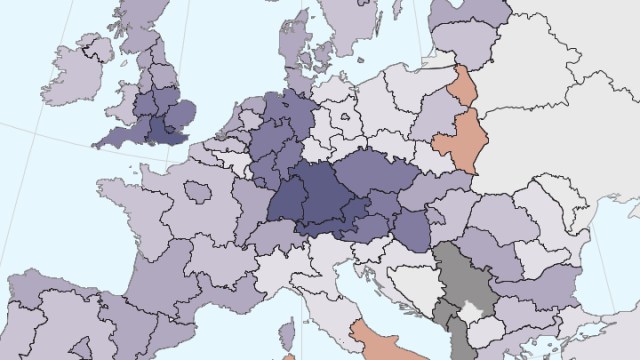How Too Much “New Knowledge” Can Harm Scientific Advancement

When the H1N1 swine flu pandemic hit in 2009, like every parent I was desperate to protect my little girl. It took about six months from the time the flu appeared for a vaccine to be developed, and when it was available, I stood in a line two blocks long on a Sunday morning to make sure she was protected.
I work on researching ways to invent and improve vaccines that prevent diseases and keep people healthy. There is a lot of very elegant research on vaccines, but the key question for me is whether we can distill it down to make a product that is manufacturable and can be used safely when and where it is needed.
At the International Disease Research Institute (IDRI), we try to answer that question through our holistic approach to fighting infectious diseases. We combine the high-quality science of a research organization with the product development focus of a biotechnology company to create new diagnostics, drugs and vaccines.
There are two main hurdles to operating in this way. First, we must be selective in what we choose to pursue.
During the course of our research, we come across many interesting findings that merit more investigation from a scientific or academic perspective but are not critical when it comes to developing a product. To overcome this natural attraction to new knowledge, we must deliberately maintain our focus on the research areas that affect product development. This is essential if we are to deliver real products rather than just publish research findings.
Second, the ability to straddle the product development spectrum from discovery to manufacture in a small organization requires people with a unique combination of adaptable and cross-cutting expertise.
We must maintain this at all levels, including scientific, manufacturing, clinical, and administrative members of the team. To realize our ambitious goals requires people who can interact on a daily basis with colleagues from vastly different backgrounds to troubleshoot challenges and generate solutions. IDRI is the antithesis of the ivory tower.
One successful result of our holistic approach is our work on adjuvants, which are substances added to vaccines to help make them more effective. Our research has led to effective products that are saving lives.
Traditionally, vaccines were created by taking a pathogen or “bug” and either attenuating it or completely killing it, then using that to stimulate an immune response in our bodies that was strong enough to protect us against subsequent exposure to that pathogen, but not so much that the vaccine itself would cause harm.
Science is now removing that risk of harm by focusing more on a synthetic approach to vaccines, where we identify the key components of the pathogen, usually a protein, and synthetically make that protein and use it as the core component of a vaccine.
The problem is that the components are so pure and small that the body doesn’t always recognize the need to fight back. Adding an adjuvant can increase the immune response by producing more antibodies, giving a person better protection.
Adjuvants also allow for something we call dose sparing: because adjuvants boost the immune response you’re getting from the same amount of vaccine, you can use less vaccine. For something like pandemic flu, this is absolutely critical, because it means we can get anywhere from two to thirty times as many doses, vastly multiplying manufacturing capacity in a pandemic.
As a non-profit, our approach to working across the development spectrum allows us to do what we are most passionate about — developing products for neglected diseases that are not attractive for typical pharmaceutical companies. We can bring our product development expertise to bear on problems of resource-poor areas, and the technology we develop in the course of our upstream research can potentially be leveraged for other rich world indications that will help sustain our mission to focus on global health.
Moreover, IDRI is a strong proponent of local capacity building, so we transfer our technology to developing country manufacturers throughout the world to increase access, train local scientists, and enhance opportunities to combat neglected diseases together.
If all goes to plan, next time a flu pandemic strikes, parents everywhere will be able to quickly get the right vaccines for their children.
—





